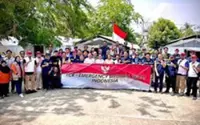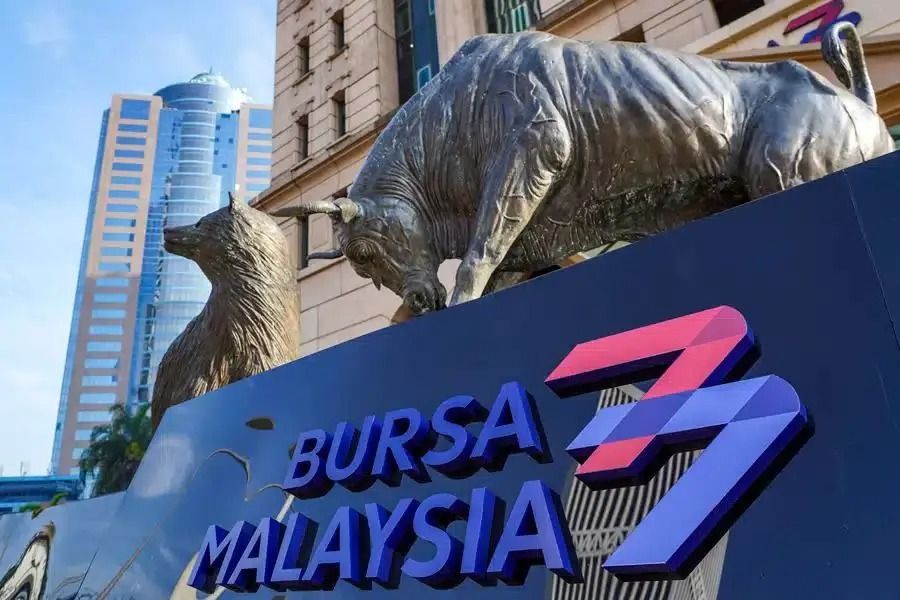
Coup leader Min Aung Hlaing reiterated the need to compile “correct” lists of voters. - AFP
BANGKOK/YANGON, Jan 30 (The Straits Times/ANN): Two years of turmoil have unravelled a decade of progress in Myanmar, and the question now is whether its coming election – stage-managed by the junta – will make a difference.
Despite the armed conflict triggered by its February 2021 coup, Myanmar’s military regime is pushing ahead with preparations for fresh polls, likely by August, designed to perpetuate its control and sideline the popularly elected National League for Democracy (NLD) party.
Save 30% for ads-free and full access now!










































